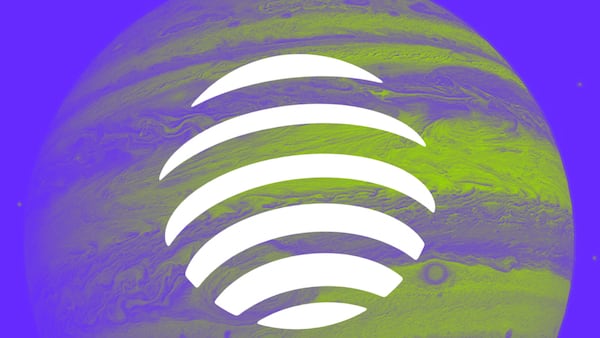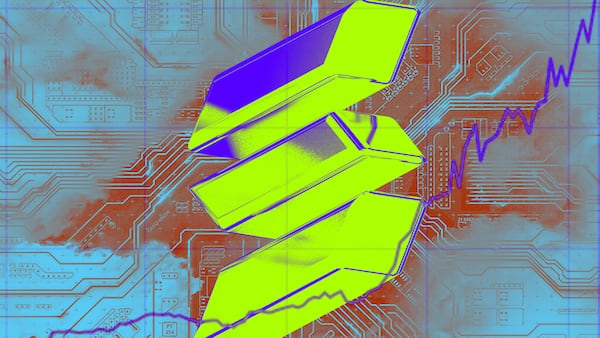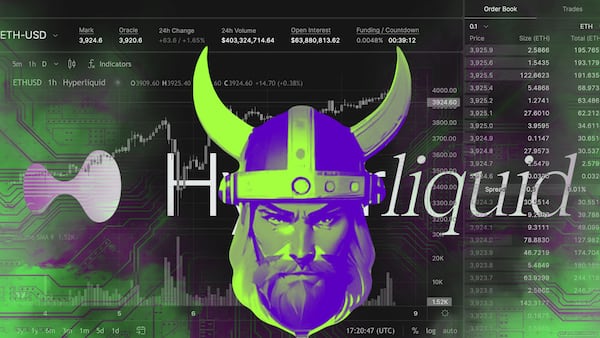- In the past 24 hours, the decentralised derivatives market saw over $14.7 billion in trading volume, with four of the top protocols generating over $1 billion each.
- Previously popular derivatives protocols are seeing their market dominance diminish, possibly because of the token incentives newer platforms offer.
- Some derivatives protocols like RabbitX may have an additional advantage by operating on a blockchain where they face no competition.
In the past 24 hours, the decentralised derivatives market has seen lots of activity, with four of the top protocols generating over $1 billion in trading volume and the total market volume reaching $14.7 billion.
At the forefront of this activity stands dYdX, which had nearly $3 billion in trading volume in the past 24 hours. The composition of the other top contenders, however, has changed markedly, with newer protocols entering the fray.
One sign of that is once-popular GMX, Gains Network, and Synthetix together contributed just over $1 billion to the total volume of the past 24 hours.
As the market evolves, newer protocols like Hyperliquid, RabbitX, and Jupiter have made significant strides, reshaping the hierarchy within the DeFi derivatives market.
The shift in activity may be the result of token incentives that draw in participants who hope to receive valuable tokens. Moreover, the strategic advantage of operating on less competitive blockchain networks might also play a big role in this shift.
Hyperliquid, RabbitX, and Jupiter are all now running programs that give users token rewards for trading on their protocols.
Hyperliquid’s native token isn’t live yet, and so the platform issues points, which are a newer trend that rewards users with points for interacting with a protocol, with the expectation that the points will convert to tokens at a later date. The hope is that the tokens can be sold for a profit on secondary markets or on primary markets when the token officially launches.
Based on Whales Market, a secondary market for points programs, each Hyperliquid point is roughly valued at $3.60.
Hyperliquid’s point program is six months long, and 4 million points are distributed each month. That means the incentives from the point program are worth about $86.4 million.
RabbitX and Jupiter, on the other hand, have already launched their tokens, RBX and JUP, but they still haven’t fully distributed them.
RabbitX has earmarked 325 million RBX tokens to reward traders for trading on the protocol. At the recent price of $0.09 per RBX, this comes out to roughly $29.5 million in trader incentives.
Following its first airdrop in January that saw 1 billion JUP tokens go to users, 3 billion tokens are currently held in the Jupiter team’s multisig wallet, which is earmarked for future community rewards.
In addition to the trader incentives, RabbitX and Jupiter also benefit from low competition from other derivatives protocols on the chains they operate on.
In fact, RabbitX is the only derivatives protocol on Starknet. Starknet has over $277 million in total value of crypto assets deposited on the blockchain. Last month, it conducted an airdrop that gives the Ethereum layer 2 blockchain a fully diluted value of over $20.6 billion.
Jupiter is one of six protocols that offer derivatives trading on Solana, but they account for over 70% of the total derivatives volume on the blockchain.
Got a tip about DeFi? Reach out at ryan@dlnews.com.







